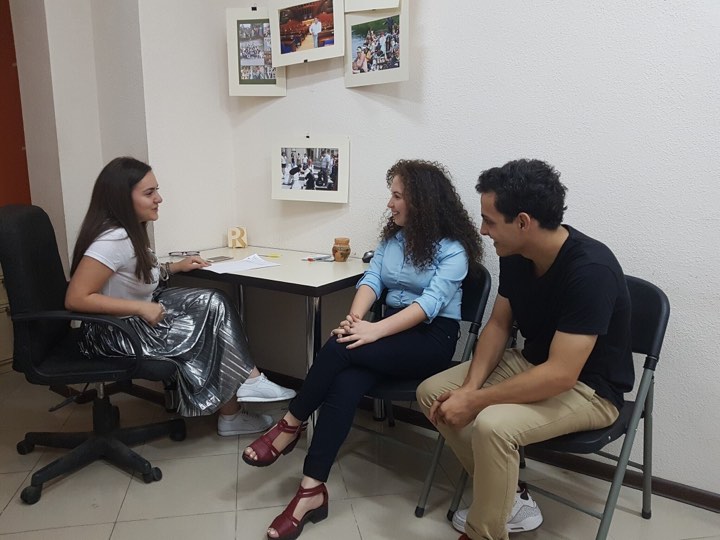
Between 4th – 8th September 2018, our member movement APSD-Agenda 21 is hosting a youth exchange on peace and conflict. The project is called “Messages from the future” and it is part of our annual work plan on 2018 “We are the others”. The youth exchange is co-financed by the ERASMUS+ Programme of the European Union. It is organized as an international simulation on four different topics which affect peace and conflict at global level: climate change, migration, gender inequality and extremism.
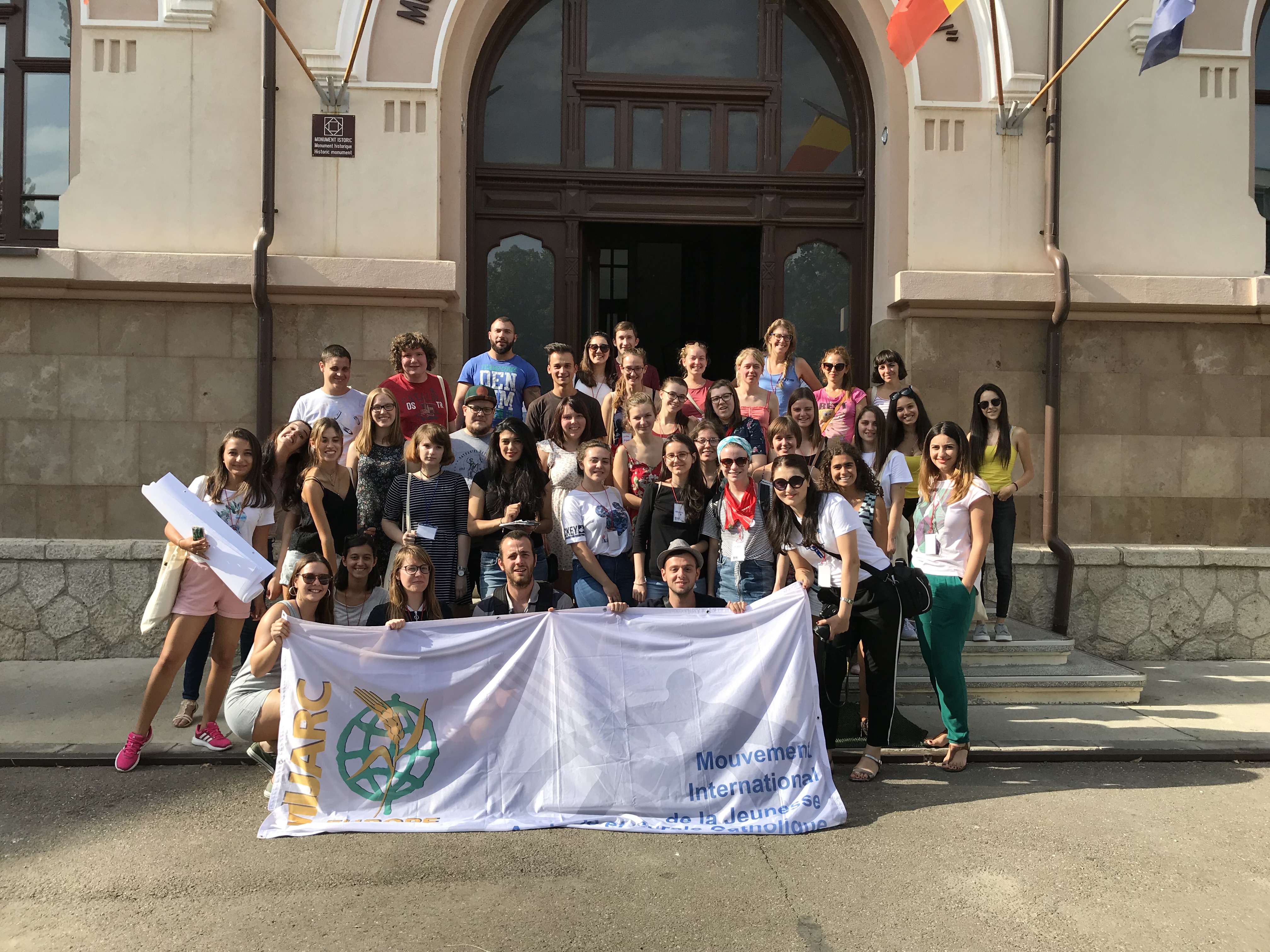
Our youth exchange has just started and we could not be more excited. Yesterday we have welcomed the delegations here in Buzau and they already started sharing and interacting. The atmosphere was great and they were all eager to get to know each other. Therefore, the first session in the morning got them all together in a big circle in the back yard of our venue where they learnt five ways to greet each other that alien civilizations use (don’t forget that for this youth exchange we traveled forward in time in 2068 where we met aliens of course).
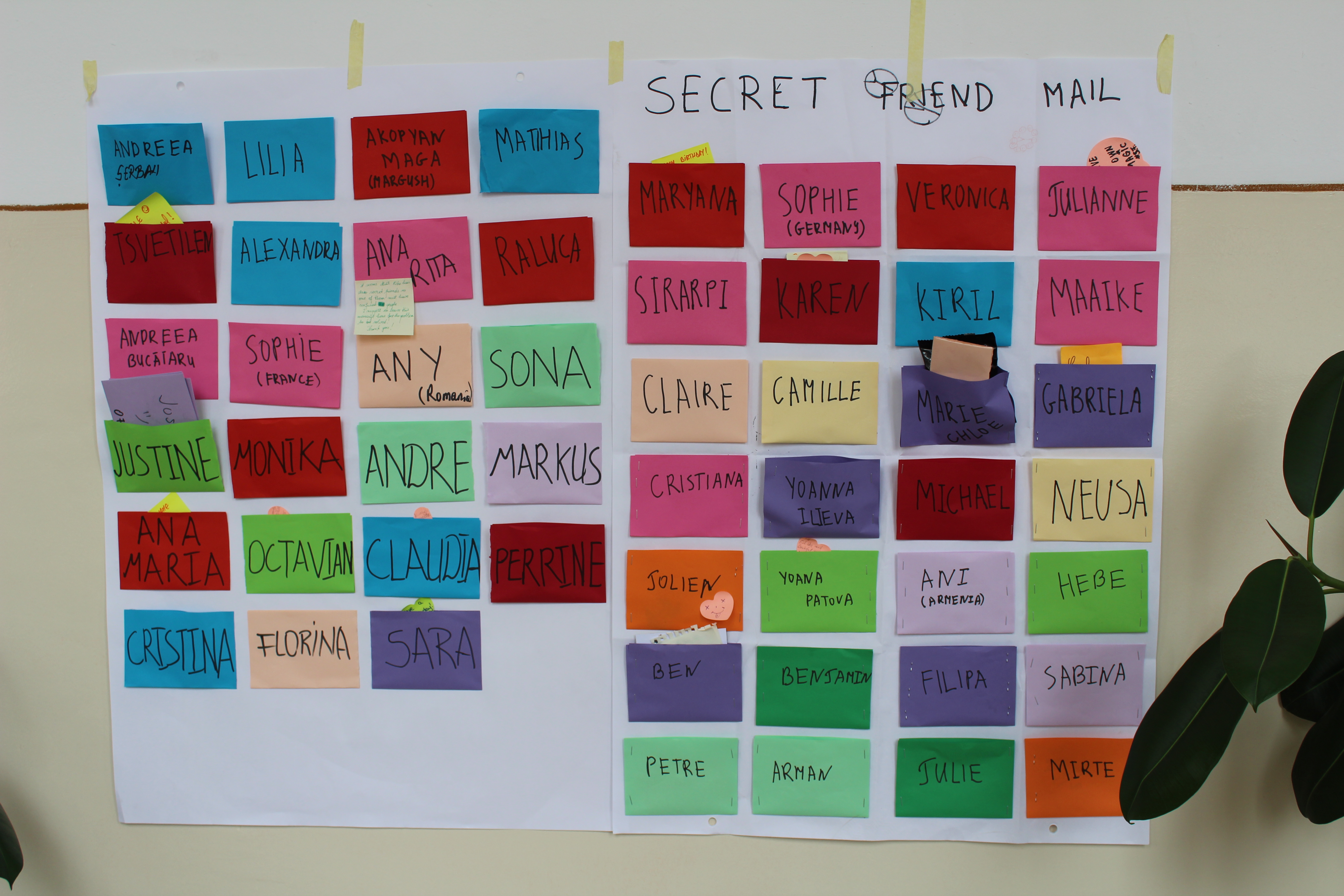
Then we played some self-regulation games to help the group pay attention and get used to the way the facilitators give instructions.
There were a lot of team building games and games to find out more about each other which really helped with building a nice group atmosphere and helped each participant interact with the other 49 people.
Once inside the facilitators introduced the project and what its aim was and helped the participant explore the ERASMUS+ Programme and the opportunities the European Union programmes offer for young people. We did this interactively of course: voting with our feet, watching videos or taking group quizzes.
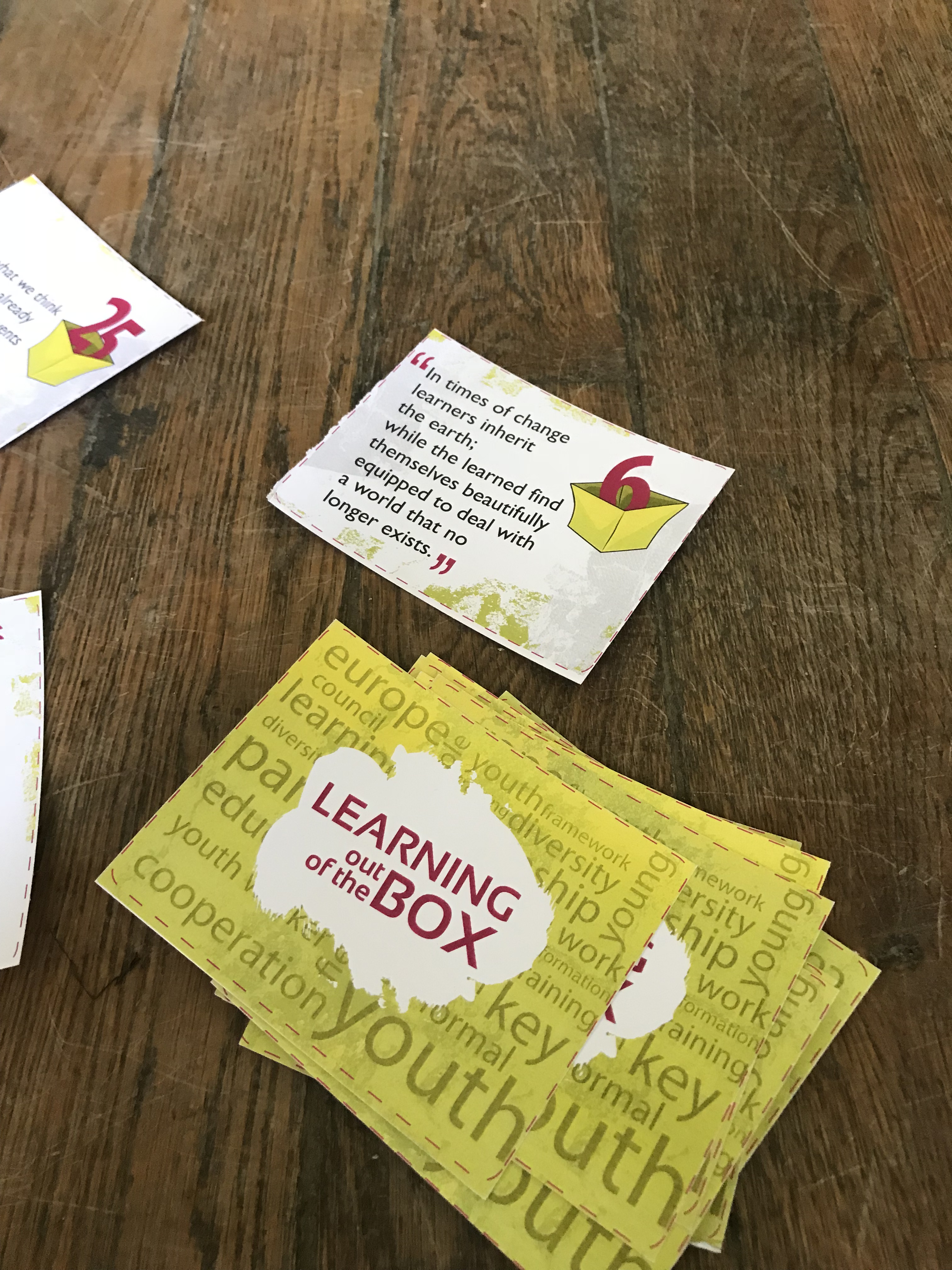
Next, it was time for everybody to reflect on what had brought them there and what they wanted to get from the experience, so hundreds of quotes about learning were laid out on the floor in order to inspire the participants about what learning meant to them. Each of them chose one or two and shared their reasons in small buzz groups, then set their own learning objectives. They also explored the learning process of the Youth Pass and the key competences for life long learning.
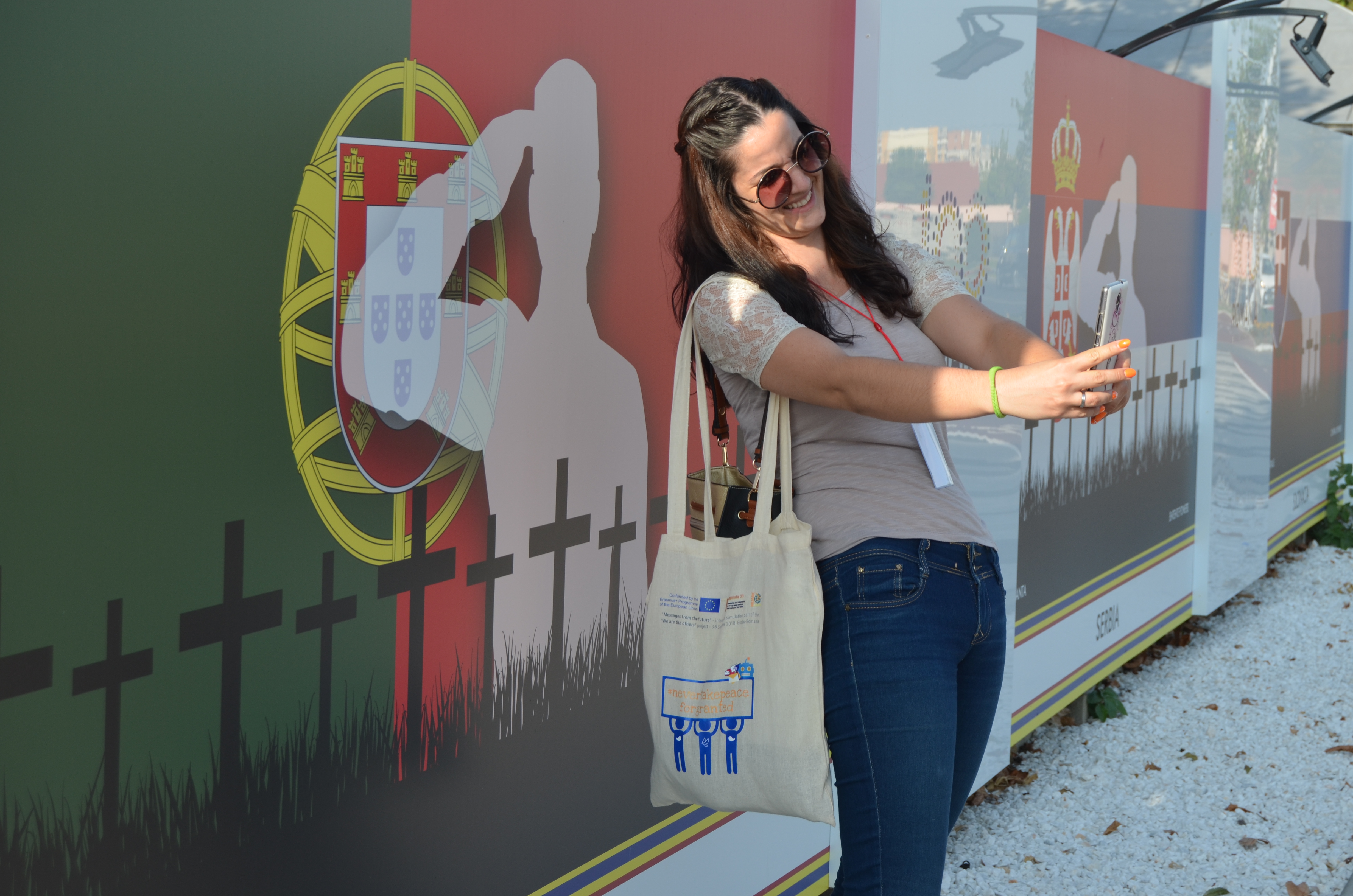
Since they had spent too much time inside, we took them out for a clue-game around the city but not before exploring the exhibition of the town museum and reflecting about the history of peace and the European culture. The clue game was not easy and the participants had to run around the city, discovering interesting place such as an
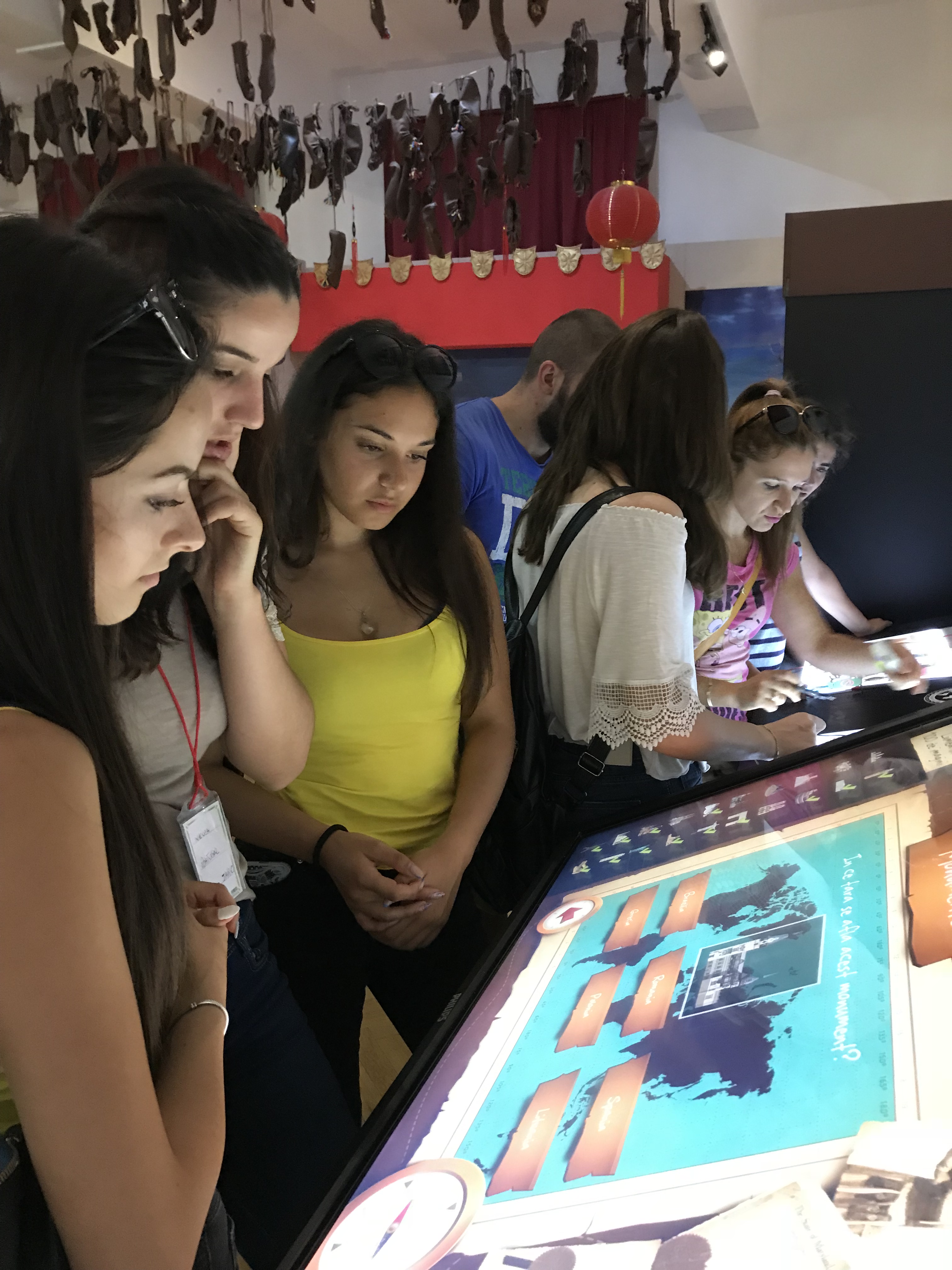
Back at venue, we got into small reflection groups and together reflected on our vision of the world 50 years from now and what to do in the present in order to have sustainable peace then.
Tomorrow will bring the first simulation of the exchange: the one climate change, which takes place in a secret location (can you imagine where we will take them?).
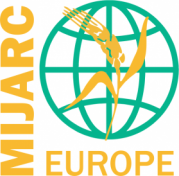

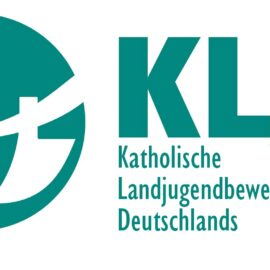
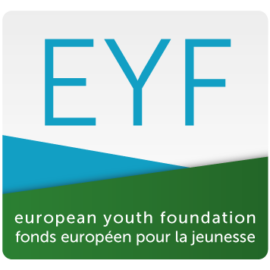
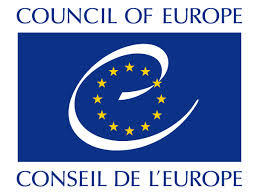
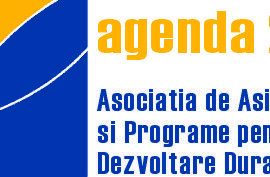
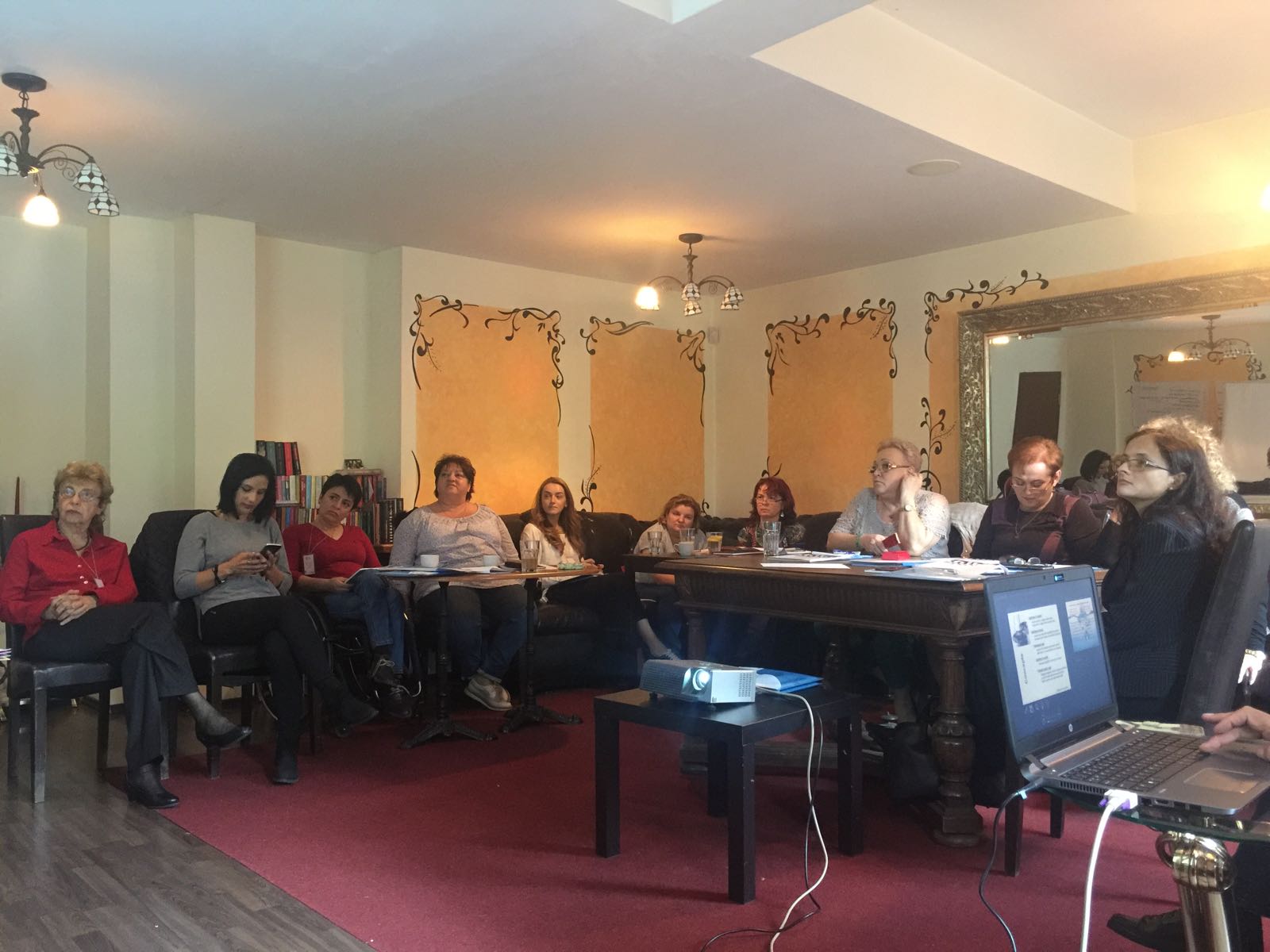 One of the main conclusions of the meeting was the importance of education, in formal and non-formal contexts, for both victims and authors of extremist acts. The representatives of the school inspectorates who were present at the meetings suggested that the topic could be approached by the Master teachers during the counselling classes. Another conclusion was that it would be very important if there were funds dedicated to organizing proper information/awareness-raising sessions or workshops/seminars with students of all ages.
One of the main conclusions of the meeting was the importance of education, in formal and non-formal contexts, for both victims and authors of extremist acts. The representatives of the school inspectorates who were present at the meetings suggested that the topic could be approached by the Master teachers during the counselling classes. Another conclusion was that it would be very important if there were funds dedicated to organizing proper information/awareness-raising sessions or workshops/seminars with students of all ages.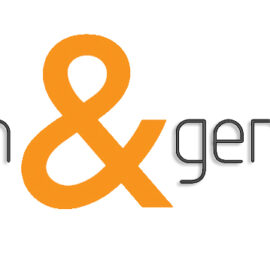
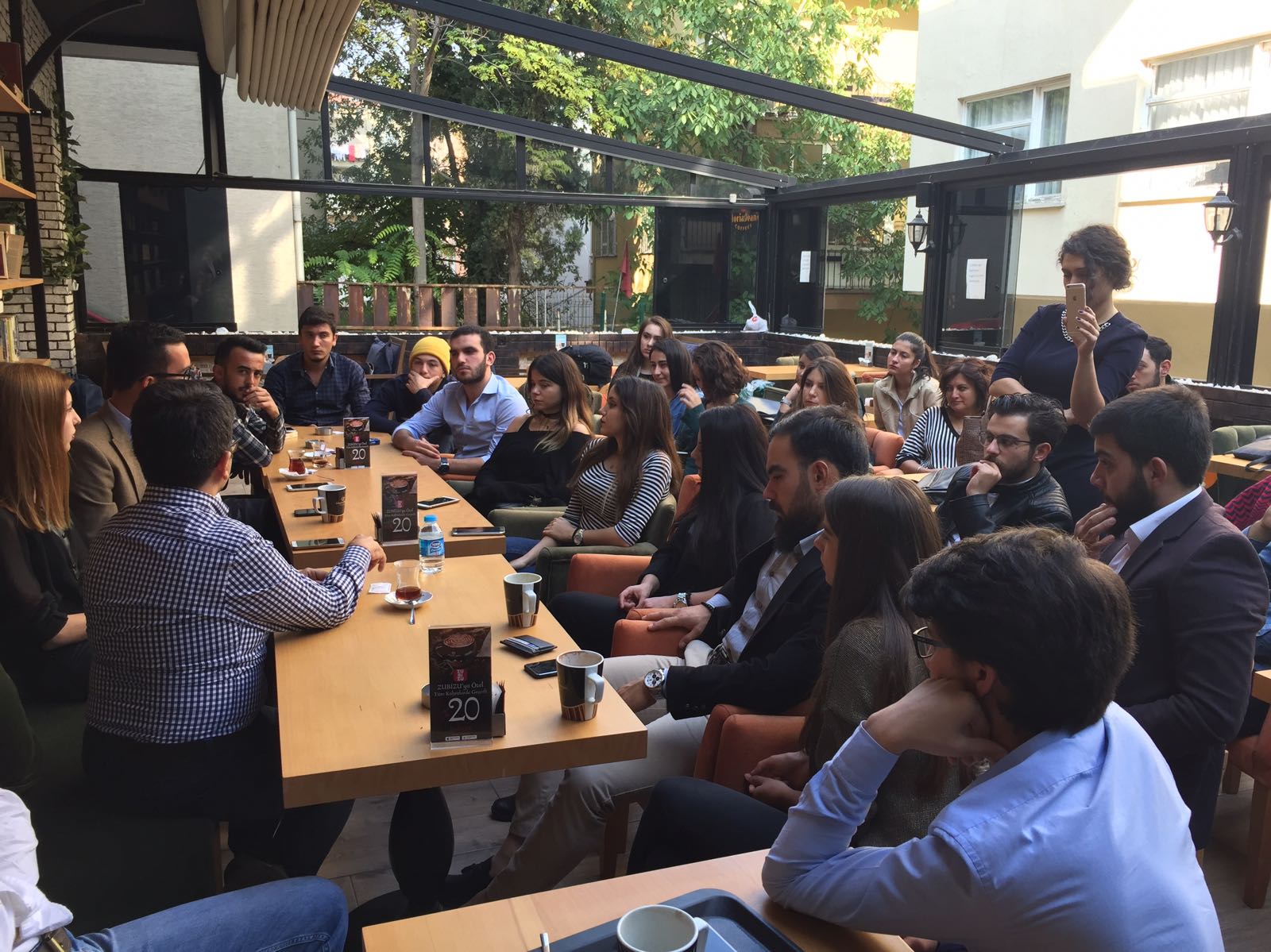 The round tables started with a presentation of MIJARC Europe and the projects it had developed with S&G and it continued with a session in which those attended had the chance to reflect on their own knowledge, attitude and general feelings towards extremism and radicalization. Next, the attendees were involved in a discussion with a professor for Gazi University, trying to find an answer to the question “What can be done in order to prevent or reduce the frequency of these acts?”. The SWOT analysis method was used for the suggested solutions. The entire event enabled the participants to enrich their knowledge on the topic of extremism and to use it in order to bring about a change in attitude in their communities.
The round tables started with a presentation of MIJARC Europe and the projects it had developed with S&G and it continued with a session in which those attended had the chance to reflect on their own knowledge, attitude and general feelings towards extremism and radicalization. Next, the attendees were involved in a discussion with a professor for Gazi University, trying to find an answer to the question “What can be done in order to prevent or reduce the frequency of these acts?”. The SWOT analysis method was used for the suggested solutions. The entire event enabled the participants to enrich their knowledge on the topic of extremism and to use it in order to bring about a change in attitude in their communities.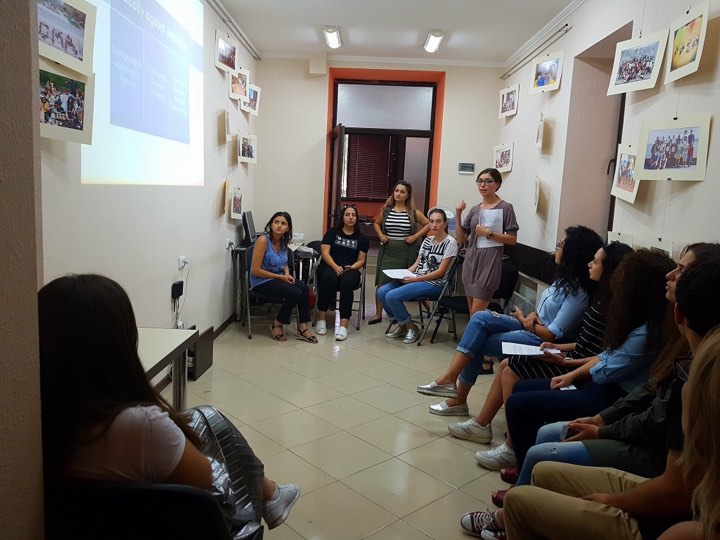 There were
There were 